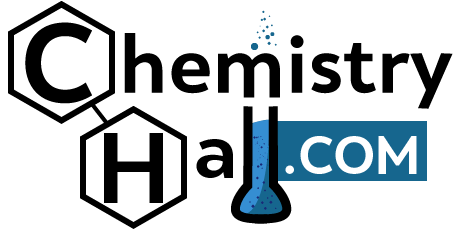I always found analytical chemistry quite fascinating, even when I was a college student doing my first steps into the world of chemistry. It might not be the most exciting subject, but the concepts attached to it (such as error, accuracy, etc.) are basic for the education of any chemist (or any scientist, for that matter).
Perhaps some would argue that this Chemistry area is not as “cool” as others, but I am sure that those who agree with me will find plenty of reasons to support the beauty of analytical chemistry.
But in any case, it’s something really necessary, and for making the process of learning it easier, getting your hands on the best analytical chemistry textbook that you can find its key.
But… What Do Analytical Chemists Do?
Now I might have caught a bit your attention on the subject, but, what is exactly analytical chemistry? A dictionary definition would say:
“Analytical chemistry is a scientific discipline which develops and applies methods, instruments, and strategies to obtain information on the composition and nature of matter in space and time”.
Kellner, R. Analytical Chemistry 1994, 66, 99A–101A
Fancy, but maybe not very insightful for a beginner. Analytical chemistry deals essentially with three aspects: measurement, analysis, and information. That’s it! In analytical chemistry you measure (quantity, concentration, etc.) a chemical/biochemical substance, you analyze the results, and then you obtain useful information that can be used to solve a technical (or social) problem.
This process seems simple, but the importance can be huge. A good example is residual pesticides found in food, which must comply with stringent regulations that define acceptable limits (although some substances are totally forbidden) for their presence in food. Analytical chemists work all the time on problems like this, and we are grateful for that!
Not only that, chemist from other disciplines (physical, organic, inorganic) base their daily research and rely on results obtained from analytical techniques (such as GCMS or LCMS analysis).
More interested in analytical chemistry now? Great! the next step is to open a book and start reading. As in all fields of science, we always start from the basics before achieving mastery. Of course, with a good analytical chemistry book, the path is going to be even better, particularly if some of you have already experienced some problems learning analytical chemistry.
Furthermore, if you are a professor looking to find the very best book to base your lectures on, we’ve got you covered too.
